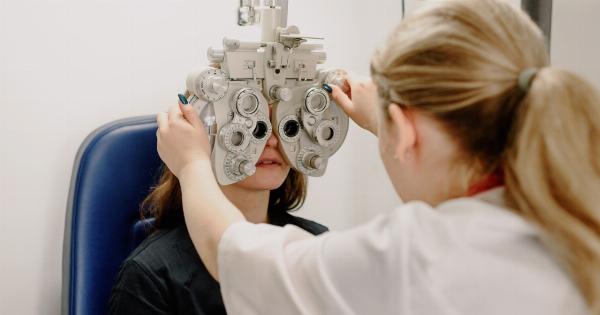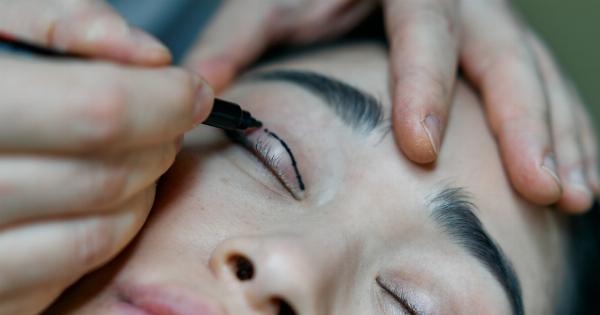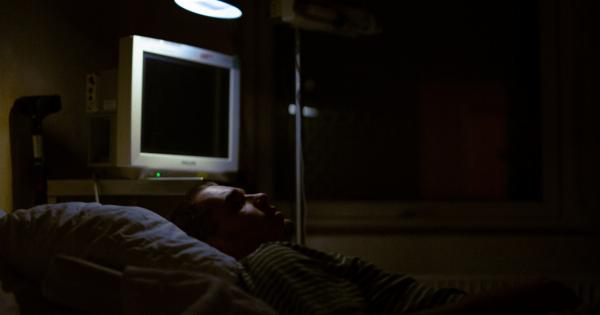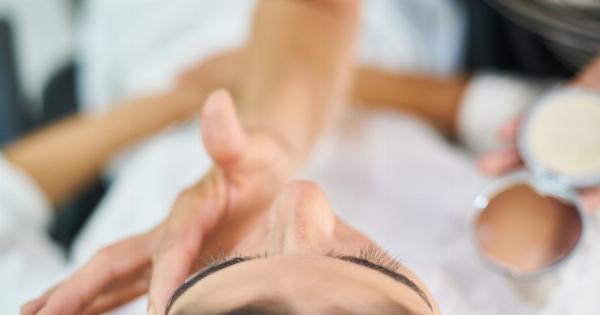Wearing contact lenses can be a convenient and comfortable alternative to glasses, but it is important to take proper care of them to avoid potential problems.
Many people make common errors when handling and wearing their contact lenses, which can lead to discomfort, infections, and other complications. This article will discuss some of the most common contact lens errors and provide tips on how to avoid them.
1. Sleeping with Contact Lenses
One common mistake that people make is sleeping with their contact lenses on. This can increase the risk of eye infections and other complications.
Sleeping in contact lenses reduces the amount of oxygen that reaches the eyes, making them more susceptible to bacterial growth. Always make sure to remove your contact lenses before going to bed, unless you have specifically prescribed extended wear lenses that are approved for overnight use.
2. Over-wearing Contact Lenses
Another error is wearing contact lenses for longer than the recommended duration. Whether you use daily disposables or reusable lenses, it is essential to follow the recommended wearing schedule.
Over-wearing lenses can lead to dryness, discomfort, and increase the risk of eye infections. Be mindful of the replacement schedule and never try to stretch the lifespan of your lenses beyond what is recommended.
3. Failure to Clean and Replace Contact Lens Case
Keeping your contact lens case clean is crucial for maintaining good hygiene and preventing eye infections. Many people overlook this aspect and fail to clean their contact lens case regularly.
It is important to clean the case after every use with a contact lens solution and replace it every three months or as recommended by your eye care professional. Storing your lenses in a dirty case can introduce bacteria to your eyes, leading to infections.
4. Using Tap Water or Saliva to Clean Lenses
Using tap water or saliva to clean your contact lenses is a common mistake that should be avoided. Tap water may contain harmful microbes that can lead to severe eye infections.
Saliva also harbors bacteria that can be transferred to your lenses and cause eye irritation. Proper cleaning solutions should always be used to clean and rinse your lenses.
5. Failure to Wash Hands before Handling Lenses
Washing your hands should be a crucial step before handling or inserting your contact lenses. Failing to do so can transfer dirt, oil, or germs from your hands to your lenses, increasing the risk of eye infections.
Make it a habit to wash your hands thoroughly with soap and water and dry them with a lint-free towel before touching your contact lenses.
6. Ignoring Symptoms of Discomfort or Irritation
If you experience any discomfort, redness, or irritation while wearing contact lenses, it is essential not to ignore these symptoms. Ignoring such signs can potentially lead to serious eye conditions.
If you experience persistent discomfort, it is best to remove the lenses and consult with your eye care professional for a thorough examination.
7. Using Expired Contact Lenses
Using expired contact lenses is a big no-no. Contact lenses have an expiration date for a reason. Expired lenses may deteriorate, lose their shape, and, most importantly, increase the risk of eye infections.
Always check the expiration date on your lens packaging before using them. If they have expired, dispose of them immediately and replace them with a fresh pair.
8. Sharing Contact Lenses
Sharing contact lenses with others, even for a short period, is extremely unhygienic and can lead to severe eye infections.
Each person’s eyes are unique, and sharing lenses can transfer bacteria, viruses, or other harmful microorganisms between individuals. Always use your own contact lenses and never borrow or lend them to others.
9. Not Removing Lenses in Irritating Environments
While contact lenses provide excellent vision correction, they may not be suitable for all environments. If you are in an area with excessive smoke, dust, or chemical fumes, it is best to remove your contact lenses.
These irritants can stick to the lenses and cause discomfort or even damage to your eyes.
10. Skipping Regular Eye Exams
Regular eye exams are crucial for maintaining overall eye health, even if you are a contact lens wearer. Many people skip their eye exams because they feel their contact lens prescription hasn’t changed.
However, eye exams are not only about updating your prescription but also about evaluating the health of your eyes. These exams can detect early signs of potential problems and prevent serious issues.































